Pompey Pillar
Pompey's Pillar is the most well known Egyptian monument that is still standing among the ancient remains of Egyp...
Alexandria was founded by Alexander the great in 332 B.C on the site of old fishing village. It has thrived for more than 500 years and was the capital city of Egypt during important eras. Greek scholars and philosophers visited Alexandria in order to learn more about the Egyptian culture that admired the whole world. Under the Ptolemaic rule, they set many roads to connect the city with the surrounded harbors and islands, and also built many construction that are regarded recently as historic monuments. Alexandria library, the lighthouse, Pompey's pillar and other main Alexandria attractions were done in the time of the Ptolemaic dynasty and Roman emperors. The Roman amphitheatre of Alexandria is one of the distinguished highlights of the city as well, in which we are going to discuss its history and design with details in this article.
Amphitheatre is a word stands for ancient Greek term which means an open air area used for kinds of performances. The Greek amphitheatres were usually structured as circular or oval shape with many seated steps for the audience. It was actually more like open air stadium, and was spread all over countries like Italy, Turkey, Jordan and Greece when Romans were dominating all of these regions. The amphitheatre of Alexandria was discovered by coincidence in the year of 1960. When the Egyptian government was getting ready to set one its buildings in the area of kom El Dekka, one of the workers found solid column underneath the dust and sand during preparing the location by engineers. Immediately, an excavation team where down the location to examine what have been found. The Roman theatre was a very important discovery in the 20th century. It was proven that the theatre was built since the 4th A.D century and was used up until the 7th century passing by the Roman, byzantine and Islamic eras. Luxor and Aswan Travel Company is completely aware of these ancient sites value for being highly requested by our clients. We have involved many of the Greco Roman sites in Egypt tours, and if you want to track down more Roman sites, you'll find them all listed in Alexandria day tours.
The Roman theatre we see today at Alexandria city is a typical form Roman theatres, consisting of audience section made of marble, granite columns, five compartments and based on thick limestone walls. The theatre used to host huge ceremonies and events with a capacity of 600 spectators. The audience section consisted of 13 rows made of white marble and the supported columns were made of granite exported from Aswan city south Egypt. The five compartments on the top of the audience section probably were used to host some royals or public figures during performances, and was covered by ceilings in the shape of domes supported by granite columns to protect the audience from the sun and rain. In the 6th century A.D, an earthquake hit Alexandria and destroyed most of these structures leaving only some ruins that still stands until today, reflecting the beautiful and magnificent architectural skills that Romans had.
In 31 B.C, Egypt felt in the hands of Romans and turned most of the significant Egyptian places into thriving trade centers. More than 700 Roman ancient settlements, forts, gold mines and roads were marked in Egypt by archaeologists. Egypt was completely attractive to the Romans who were influenced by its traditions and culture. They buried themselves in tombs similar to the pharaohs' and covered their necropolises with Egyptian gods' scenes, and that's shows how much they were affected by the Egyptian religion. After the tragedy suicide of Queen Cleopatra the last pharaoh (from Greece bloodline) and mark Antony, Egypt was ruled by enough emperors to leave their finger print in the country beside the Greece monuments that were built by the Ptolemaic family before. Philae temple and Dendera temple are the finest example for the Greece site in Egypt along side with the Romans'. You can customize your trip under the management of our operation team to
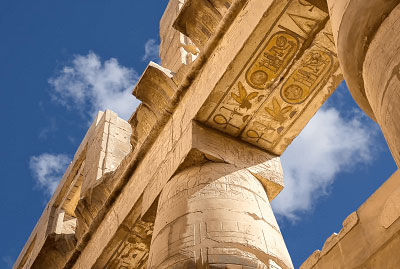
Safaga Shore Excursions Tours: One day tour Safaga to Luxor Visiting the Highlights of luxor West and East Bank that includes a visit to Valley of the Kings, Hatshepsute Te...
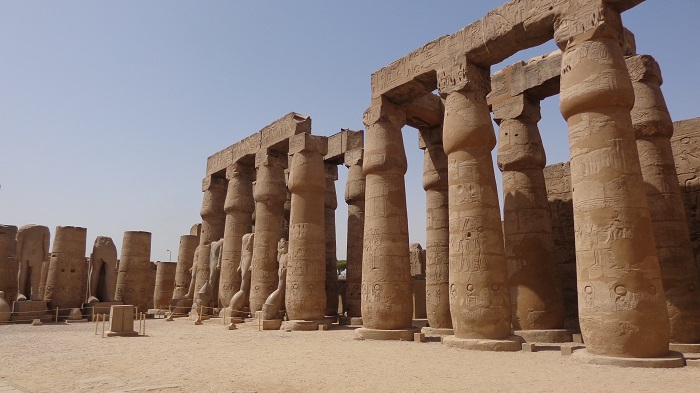
Safaga Shore Excursions: Overnight trip to Luxor from Safaga port visiting Luxor Temple, Karnak temples and Valley of the Kings and more. You are going to have a private to...
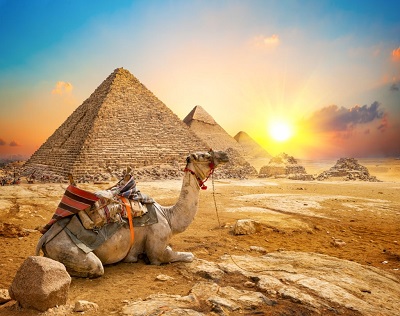
Safaga Shore Excursions: Private tours from Safaga Port Visiting Cairo and luxor for 2 Days 1 night visiting Giza Pyramids in cairo ,Luxor Temple,Valley of Kings and Coloss...
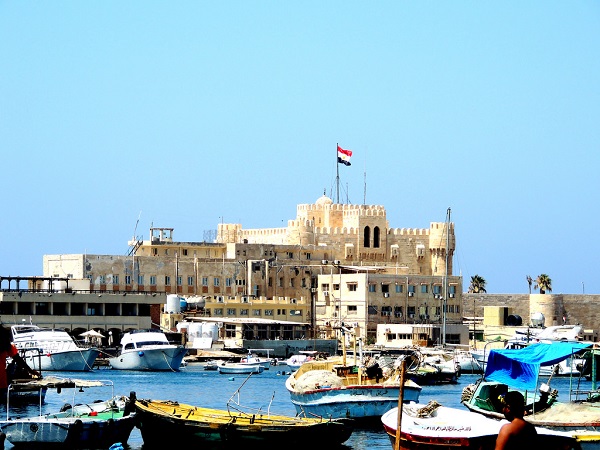
Enjoy Cairo To Alexandria Day Trip, Visiting rock-cut Roman catacombs, the ruins of a Roman temple complex, and Qaitbey Citadel. Visit the old Bibleotheca Alexandrina and e...
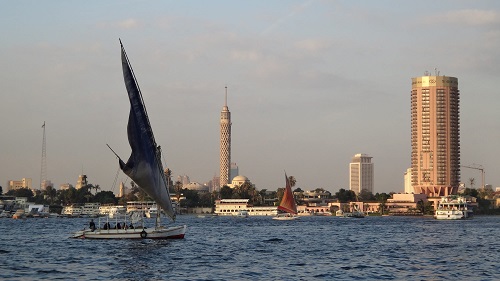
Waft along the fabled River Nile in time-honored Egyptian style on a private 60-minute 'felucca' boat ride in Cairo. Settle aboard a comfortable, white-sailed '...
Your entire vacation is designed around your requirements with expert guidance every step of the way.
Speak with our Egypt specialists for your perfect luxury journey.